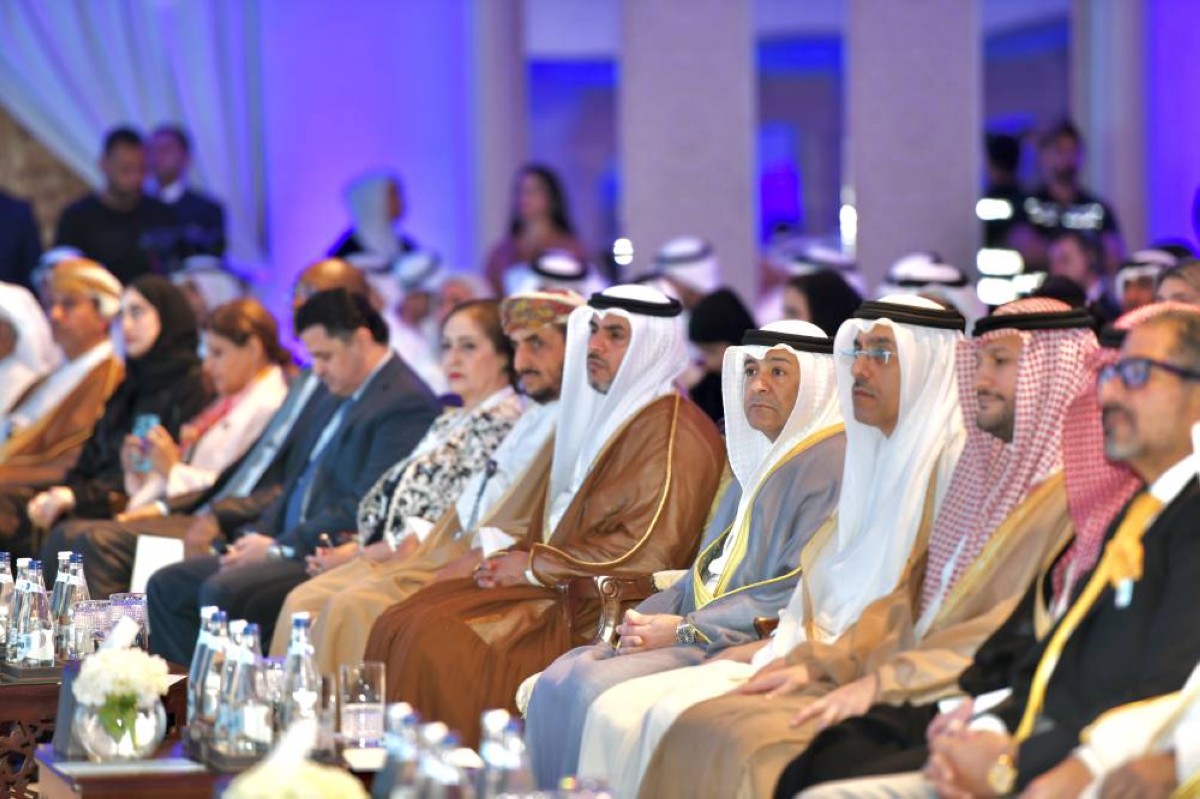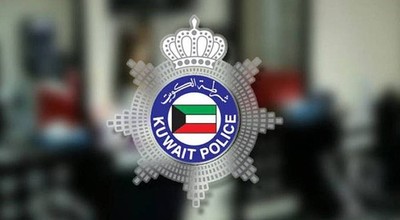KUWAIT: Kuwait’s Minister of Justice Nasser Al-Sumait reaffirmed the country’s firm commitment to combating human trafficking during the sixth session of the government forum to combat trafficking in persons in the Middle East. In his address at the forum held on Thursday, Al-Sumait — who also chairs the National committee to combat human trafficking and migrant smuggling — stated: “Kuwait’s hosting of this forum reflects its unwavering dedication to safeguarding human dignity, advancing justice, and strengthening key procedures, particularly those related to labor rights.”
He further stressed that Kuwait’s commitment to this cause is rooted in its constitution and national laws, and is reinforced by its international obligations. This dedication is also in line with Kuwait Vision 2035 (New Kuwait), which emphasizes active participation in the international community, advancing human rights, and achieving the United Nations Sustainable Development Goals — particularly Goal 8, which promotes decent work and economic growth.
He noted that the forum arrives at a critical time, as regional instability and global conflicts continue to increase the vulnerability of displaced and marginalized populations, particularly women, children, and migrant workers, to trafficking and exploitation. Al-Sumait used the occasion to propose the launch of a regional digital platform aimed at unifying national anti-trafficking strategies, enhancing cooperation, and streamlining the exchange of information and best practices across participating countries.
Khalifa bin Ali bin Issa Al Harthy
Kuwait’s Minister of Justice Nasser Al-Sumait
Speaking at the forum, Jasem Al-Budaiwi, representative of the Gulf Cooperation Council (GCC), highlighted key regional achievements and outlined the GCC’s comprehensive strategy in combating human trafficking and forced labor. His address emphasized the shared responsibility of member states in upholding human dignity and enhancing victim protection. “In 2006, the GCC Supreme Council adopted the Abu Dhabi Document for a unified anti-human trafficking law aimed at preventing all forms of exploitation,” Al-Budaiwi said. “This was followed in 2014 by the adoption of the GCC Human Rights Declaration, which unequivocally bans slavery, servitude, forced labor, and trafficking, especially when women and children are involved.”
He noted that all GCC states have ratified the UN’s Palermo Protocol, reinforcing their international legal commitments and introducing national legislation that criminalizes trafficking while providing protection and legal recourse for victims. In addition, Al-Budaiwi detailed the establishment of national mechanisms in each GCC country — ranging from dedicated committees and shelters to national referral systems and hotlines — all backed by targeted training programs for security and judiciary personnel.
Reduce workplace abuse
A major area of reform has been the labor market. “Regulatory improvements have focused on wage protection systems and strengthening legal safeguards between employers and workers,” he said. These reforms are seen as a direct attempt to reduce workplace exploitation and abuse. Al-Budaiwi also stressed the importance of partnerships with international organizations, including the UN Office on Drugs and Crime (UNODC), the International Organization for Migration (IOM), and the International Labour Organization (ILO), in launching joint awareness and prevention initiatives.
Looking to the future, he announced that the GCC’s Executive Office will launch a new dialogue session aimed at updating the unified Gulf vision to combat forced labor and human trafficking. This initiative, based on Resolution No. (Eighth–1) from the 10th meeting of GCC labor ministers, seeks to develop a comprehensive, future-oriented strategy.
“This strategic framework will respond to evolving challenges in the labor market and leverage modern technologies while enhancing prevention and protection mechanisms,” he concluded. “Khalifa bin Ali bin Issa Al Harthy, Undersecretary for Political Affairs representing the Sultanate of Oman and chairman of the previous session, emphasized that lasting success lies in a continued commitment to human rights and regional cooperation. “The key to success lies in prevention, victim care, and unified international collaboration,” he stated. He highlighted Oman’s national awareness campaign, Aamin (Safe), and a signed memorandum of understanding with Bahrain as practical examples of this commitment”
Forum fosters unified vision
Nebras Taleb, representative of the forum’s permanent secretariat, emphasized the significance of this year’s theme — “Protecting Rights and Promoting Justice in Combating Trafficking in Persons” — as one of the most pressing issues today. He called for the development of a unified vision that incorporates innovative solutions and regionally relevant approaches, while shedding light on best practices and procedural frameworks that safeguard rights within labor relations and promote justice.
Taleb noted that the maturity of participating countries’ experiences in counter-trafficking was clearly reflected in the recommendations of the previous five sessions of the forum. He also praised Kuwait’s leadership in introducing Law No. 114 of 2024 regarding the Residency of Foreigners, which addresses major challenges such as residency trafficking and labor exploitation. He encouraged participants to review this legislation as a model of advanced legal reform.
He expressed his hopes that the outcomes of this year’s forum would guide the formulation of a unified, realistic vision for enhancing rights protections and justice systems — tailored to the demographic, economic, and social characteristics of the region. The forum also included a panel discussion on rights protection and justice enhancement in the fight against human trafficking, as well as a Gulf working session focused on updating the GCC’s unified strategy to combat trafficking in labor markets.




















